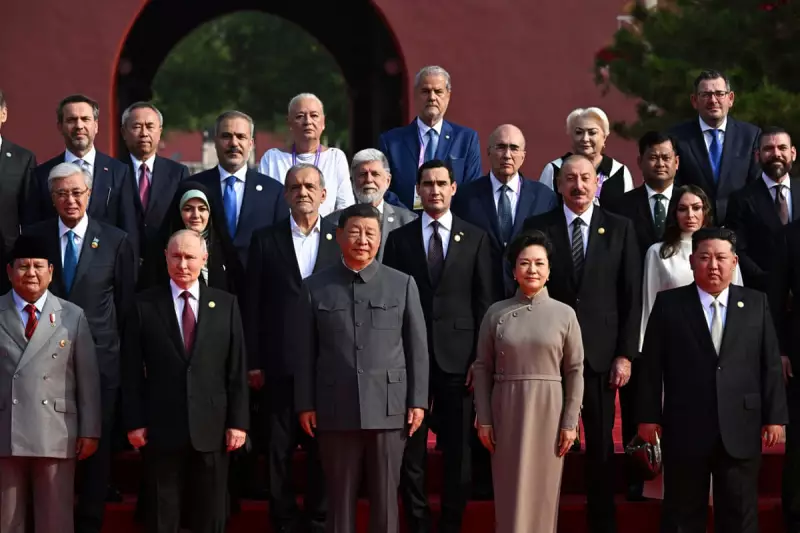
Former Victorian Premier Daniel Andrews has ignited a fierce political and ethical debate following his appearance at a major military parade in Beijing. A now-viral photograph captures Andrews standing alongside high-ranking officials from the People's Liberation Army (PLA), a move that has drawn sharp condemnation from human rights advocates and political opponents alike.
A Picture Worth a Thousand Criticisms
The controversial image, disseminated widely across global media, shows Andrews in a casual stance with senior Chinese military figures. This spectacle unfolded at an event celebrating China's national day, a display often criticised for its overt militarism and association with the ruling Communist Party's authoritarian regime.
Blurring the Lines of Diplomatic Protocol
Political analysts and former diplomats have been quick to question the profound lack of judgment displayed by the former state leader. Attending such a heavily politicised event, particularly one that showcases military might, is seen as a significant breach of conventional diplomatic norms for a former Western leader.
Key concerns raised by critics include:
- The implicit endorsement of China's human rights record, which has been widely condemned by international bodies.
- The concerning optics of fraternising with military leadership from a nation engaged in strategic competition with Australia.
- A blatant disregard for the victims of state oppression under the Chinese government's policies.
Defiance in the Face of Backlash
In characteristic fashion, Andrews has dismissed the mounting criticism. His defence centres on the premise of fostering "international engagement" and building "cultural bridges." However, this justification has done little to placate those who view his actions as a grave error in judgement that undermines Australia's strategic interests and moral standing.
The Broader Implications for Australian Diplomacy
This incident transcends a mere personal misstep; it strikes at the heart of Australia's complex and often fraught relationship with China. It raises urgent questions about the boundaries of independent diplomatic ventures by former state leaders and the potential for such actions to conflict with or even undermine federal foreign policy objectives.
The fallout from Andrews' Beijing appearance serves as a stark reminder that in the realm of international relations, perception is often reality, and a single photograph can reverberate through the corridors of power in Canberra and beyond.





